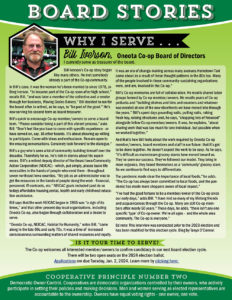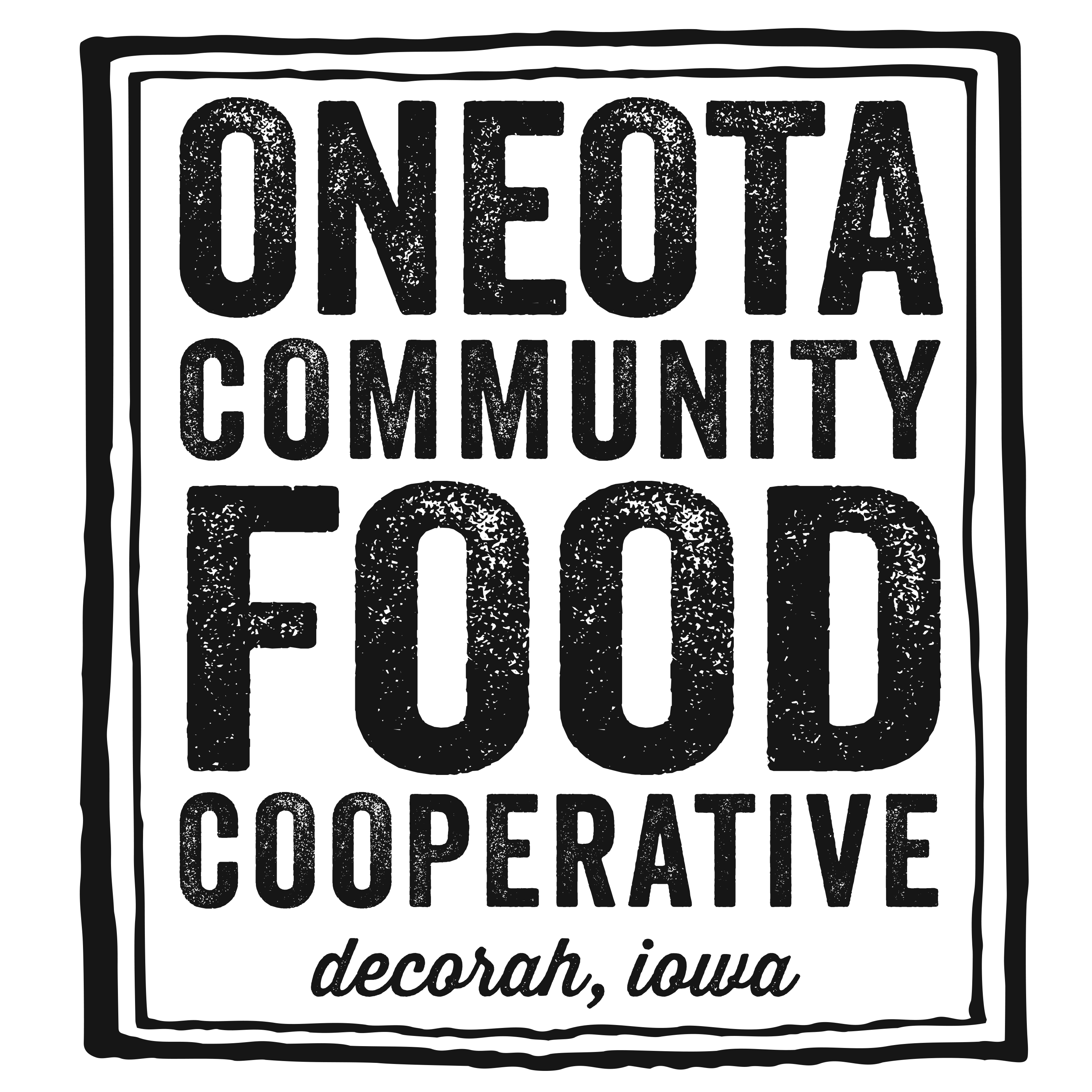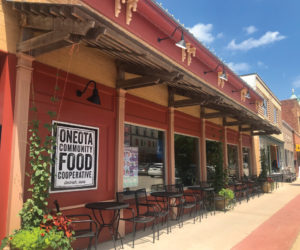 Bill Iverson, Oneota Co-op Board of Directors
Bill Iverson, Oneota Co-op Board of Directors
I currently serve as treasurer of the board.
Bill Iverson’s Co-op story began like many others. He met somebody already a part of the Co-op community.
In Bill’s case, it was the woman he’s been married to since 1978, Jo Berg Iverson. “Jo became part of the Co-op soon after high school,” recalls Bill, “and was later a member of the collective and a vendor through her business, Waving Grains Bakery.” Bill decided to run for the board after Jo retired, as he says, to “be part of the good.” He’s now serving his second term as board treasurer.
Bill’s quick to encourage Co-op member/owners to serve a board term. “Please consider being a part of this vibrant process,” asks Bill. “Don’t feel like you have to come with specific experience – or have served on, say, 16 other boards. It’s about showing up willing to participate. Come with ideas and enthusiasm. Remain open to the ensuing conversations. Genuinely look forward to the dialogue.”
Bill’s a guy who’s seen a lot of community-building himself over the decades. Thankfully for us, he’s rich in stories about his experiences. Bill’s a retired deputy director of Northeast Iowa Community Action Corporation (NEICAC) – which, put simply, places basic life necessities in the hands of people who need them – throughout seven northeast Iowa counties. “My job as an administrator was to get the resources in the hands of people doing the work – financial, personnel, IT contracts, etc.” NEICAC goals included (and do so today) affordable housing,rental, health and early childhood education assistance.
Bill says that the work NEICAC began in 1965 was “a sign of its times,” and that other present day local organizations, including Oneota Co-op, also began through collaboration and a desire to serve.
Cooperative principle number two: Democratic Owner Control.
Cooperatives are democratic organizations controlled by their owners, who actively participate in setting their policies and making decisions. Men and women serving as elected representatives are accountable to the ownership. Owners have equal voting rights – one owner, one vote.



